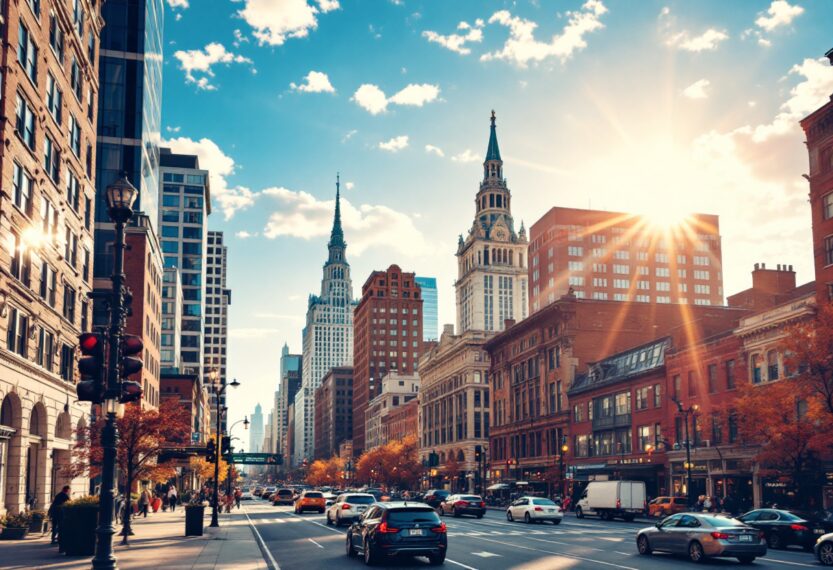The precarious state of democracy in America: A call for vigilance
As the United States stands on the brink of another Trump presidency, the atmosphere is charged with uncertainty and apprehension. With only weeks left before the inauguration, many citizens are grappling with the implications of a leader who has openly expressed intentions to reshape the very fabric of American democracy. The stakes are high, and the need for informed engagement has never been more critical.
The role of media in a democratic society
The media serves as a cornerstone of democracy, providing essential checks and balances on power. In the wake of Trump’s initial victory in 2016, many turned to news outlets to comprehend the seismic shifts occurring in the political landscape. However, as we approach the 2024 elections, there is a noticeable decline in viewership and trust in traditional media. This trend poses a significant risk, as a disengaged public may overlook crucial developments that could impact their lives and liberties.
Recent weeks have seen a flurry of activity as Trump assembles a Cabinet that raises eyebrows. Nominees like Marco Rubio for Secretary of State and controversial figures such as Kash Patel, who has previously targeted journalists, highlight the potential for a government that prioritizes loyalty over competence. The Senate’s role in vetting these nominees is paramount, yet some Republican senators have downplayed their responsibilities, suggesting a troubling trend towards complacency.
Protecting democratic norms
As Trump prepares to take office, the importance of protecting democratic norms cannot be overstated. The media’s role in scrutinizing nominees is essential to ensure accountability and transparency. Investigative journalism has unveiled serious allegations against candidates like Pete Hegseth, who is vying for a position overseeing a vast military budget. Without rigorous examination, the public remains in the dark about the qualifications and integrity of those in power.
Moreover, Trump’s recent comments about altering constitutional rights, such as birthright citizenship, signal a potential erosion of civil liberties. The 14th Amendment, ratified in 1868 to grant citizenship to formerly enslaved individuals, is a fundamental aspect of American democracy. Any attempt to undermine such foundational principles should serve as a clarion call for citizens to remain vigilant and engaged.
The path forward: Civic engagement and resilience
Despite the exhaustion felt by many Americans after nearly a decade of political turmoil, it is crucial to remember that civic engagement is the bedrock of democracy. The 2020 election saw 75 million voters casting ballots against Trump, illustrating that a significant portion of the populace is committed to upholding democratic values. As we move forward, it is imperative to foster a culture of active participation, whether through voting, advocacy, or supporting independent journalism.
Protecting the integrity of democratic institutions requires a collective effort. By holding elected officials accountable and demanding transparency, citizens can help safeguard the norms that underpin our democracy. The challenges ahead are daunting, but history has shown that resilience and vigilance can prevail against even the most formidable threats.




